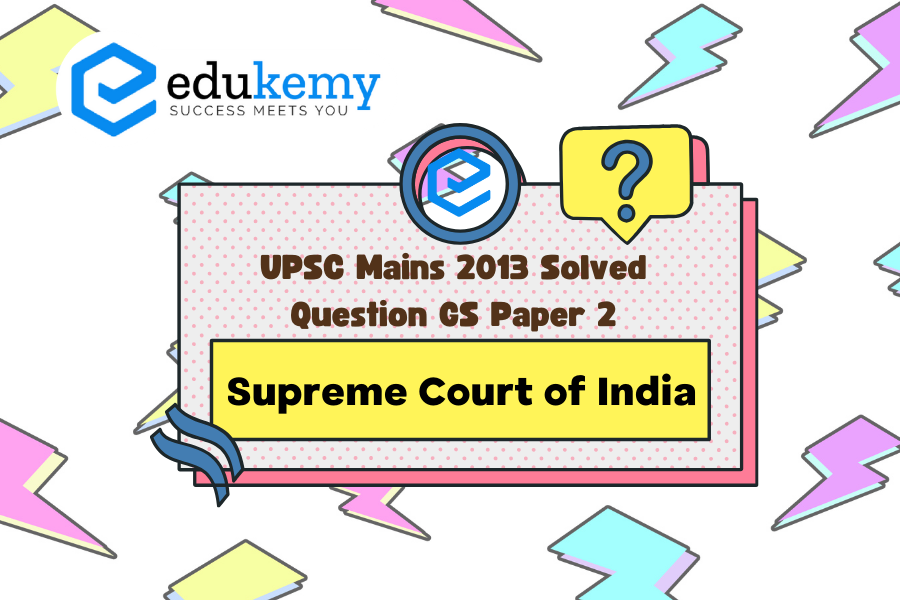The Supreme Court of India stands as the vanguard of constitutional supremacy, entrusted with the vital duty of safeguarding the foundational document from arbitrary alterations by the Parliament. This assertion underscores a fundamental aspect of India’s democratic framework, where the Constitution is not merely a legal instrument but the very essence of the nation’s identity and ethos. Through its power of judicial review, the apex court serves as a bulwark against any encroachment on the basic structure and principles enshrined within the Constitution. However, the extent of the court’s authority in scrutinizing constitutional amendments has sparked contentious debates. While some argue that the judiciary must act as a check on potential abuses of power by the legislative body, others contend that excessive judicial intervention could undermine the democratic will of the people as expressed through their elected representatives. This delicate balance between judicial oversight and parliamentary sovereignty necessitates a critical examination of the role played by the Supreme Court in interpreting and upholding the Constitution, ensuring both stability and adaptability in India’s evolving democratic landscape.
Tag: Governance.
Contents
Decoding the Question:
- In Introduction, try to briefly write about the power of the Parliament to amend the Constitution.
- In Body, write how the Supreme Court keeps a check on amending powers of the Parliament.
- In Conclusion, mention the significance of such checks and balances.
Answer:
The Constitution is not a frozen and unalterable document. Article 368 of Part XX of the Constitution provides the power to the Parliament to amend the Constitution, as per the changing needs and conditions. The Constitution does not provide any explicit restriction on the amending power of the Parliament.
Supreme Court Keeps Check on Amending Power of the Parliament:
- In the famous Supreme Court (SC) judgement in the Kesavananda Bharati Case (1973), the court established the Doctrine of Basic Structure and established supremacy of the Constitution. The court said that no amendment to the Constitution can change the Basic Structure and Nature of the Constitution. In the subsequent cases, SC included various provisions in the Basic Structure of Indian Constitution.
- In the Indira Nehru Gandhi vs. Raj Narain Case (1975), the court invalidated the 39th Amendment Act which kept the elections of the President, the Vice President, the Prime Minister, and the Speaker of the Lok Sabha beyond the scrutiny of the Judiciary. SC added free and fair elections as a Basic Structure of Indian Constitution, Democracy, Rule of law and Equality.
- In Waman Rao vs. Union of India (1981), the Supreme Court examined the validity of Article 31A and 31B. The court drew a line of demarcation and held that the amendments made to the Ninth Schedule until they are valid, and those passed after that particular date can be subject to scrutiny.
- In the Indra Sawhney vs. Union of India (1992), the SC examined the scope and extent of Article 16(4), which provides for the reservation of jobs in favour of backward classes. The court upheld the validity of 27% reservation for the OBCs with certain conditions.
- In the S.R. Bommai case (1994), SC tried to curb the misuse of Article 356 (regarding President’s Rule) and set the grounds for the exercise of the President’s Rule.
- In the recent National Judicial Appointments Commission (NJAC) case, SC invalidated the 99th Amendment Act of the Constitution, which dealt with appointment of judges and said independence of judiciary & separation of power are Basic features of the Constitution. After striking down the NJAC, the apprehensions on the role of the top Court started to grow. Many termed it as Judicial Overreach.
The Constitution is a document made by human beings and may need revisions, changes, and reexamination. It reflects the dreams and aspirations of the concerned society. It must also be kept in mind that the Constitution is a framework for the democratic governance of the society. The Supreme Court keeps checks and balances to prevent the arbitrary or capricious use of power.
In case you still have your doubts, contact us on 9811333901.
For UPSC Prelims Resources, Click here
For Daily Updates and Study Material:
Join our Telegram Channel – Edukemy for IAS
- 1. Learn through Videos – here
- 2. Be Exam Ready by Practicing Daily MCQs – here
- 3. Daily Newsletter – Get all your Current Affairs Covered – here
- 4. Mains Answer Writing Practice – here


